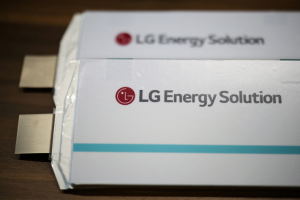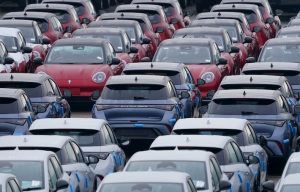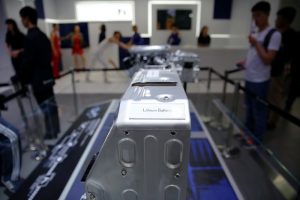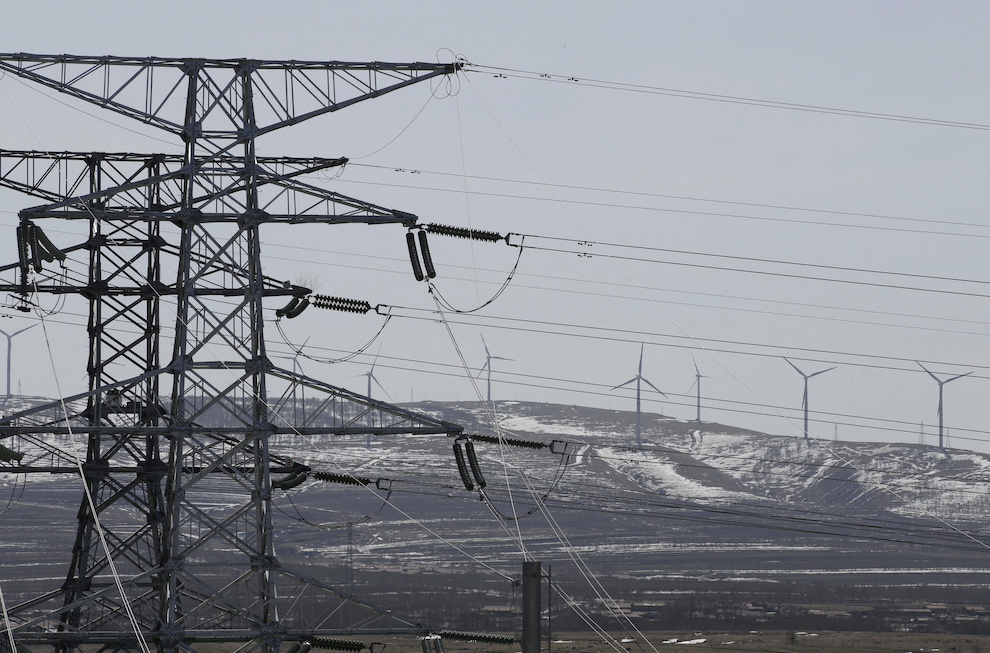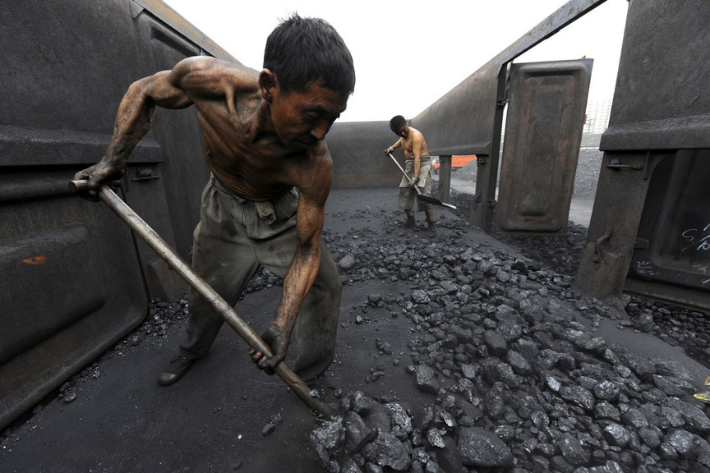Ford Motor has paused work on a $3.5 billion electric vehicle battery plant in Michigan, being built in partnership with Chinese battery giant CATL, blaming concerns about its ability to competitively operate the plant.
Republicans in Congress have been probing Ford’s plant plan over concerns it could facilitate the flow of US tax subsidies to China and leave Ford dependent on Chinese technology.
Representative Mike Gallagher, the Republican chair of a House select committee on China, said lawmakers were “encouraged to see Ford take a crucial first step to reevaluate its deal” with CATL. “Now, Ford needs to call off this deal for good,” he added.
Also on AF: Key Evergrande Unit Misses $547m Bond Dues as Crisis Worsens
Ford declined to say what specific reason triggered the decision but added there were a number of considerations.
“We are pausing work and limiting spending on construction on the Marshall project until we’re confident about our ability to competitively operate the plant,” Ford said. “We haven’t made any final decision about the planned investment there.”
The decision also comes at a time when the auto giant remains locked in broader domestic contract negotiations.
United Auto Workers (UAW) President Shawn Fain blasted Ford, saying the announcement was “a shameful, barely-veiled threat by Ford to cut jobs. We are simply asking for a just transition to electric vehicles and Ford is instead doubling down on their race to the bottom.”
Ford in February announced plans to build the plant in Michigan, betting that making the batteries in the United States would help it and Chinese partner CATL attract US customers to embrace a lower-cost technology pioneered in China.
The UAW and some in Congress want automakers to pay workers at battery plants the same higher wages that workers at assembly and engine plants receive.
Eyews on EV Tax Credits
Ford in July forecast a full-year loss of $4.5 billion on its EV unit – 50% higher than projected earlier this year – and said it was slowing its EV production ramp up. Ford also has said it plans to quadruple sales of gas electric hybrids over the next five years.
The industry is watching how new rules around future EV tax credits will be implemented as automakers make investment decisions on producing batteries for the transition to EVs.
In 2022, Congress passed the $430 billion Inflation Reduction Act (IRA), which will bar $7,500 in future consumer EV tax credits if any battery components are manufactured or assembled by a “foreign entity of concern”.
Ford has been awaiting guidance to determine if batteries operated by the Marshall plant would run afoul of the requirements.
It had urged the Treasury to take a narrow view of the restriction, warning that “an overly expansive interpretation of this provision risks … making the clean vehicle credit largely unavailable.”
Some Michigan Republicans have questioned the $1.7 billion in planned state incentives for the Marshall plant that Ford has said is expected to employ 2,500 workers.
- Reuters with additional editing by Sean O’Meara
Read more:
Ford Faces US Probe Over Battery Fab Tie-Up With China’s CATL
US Can’t Yet Compete With China on EVs, Ford Chairman Says
China’s CATL Unveils Game-Changing Fast-Charging LFP Battery
US Senator Wants Review of Ford Deal With China’s CATL
CATL Says It’s Made Cold Weather EV Battery Breakthrough





